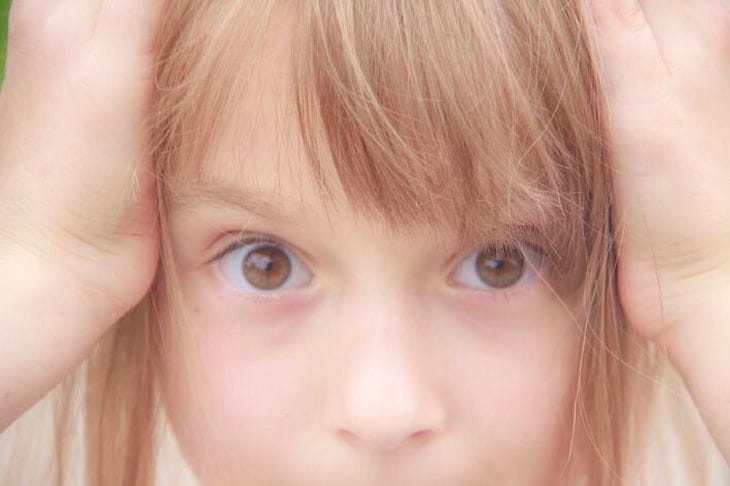When communicating with other families, many mothers and fathers involuntarily compare their child with his peers.
Let's try to figure out whether it's worth talking to a child about this and what consequences it might lead to.
It’s worth starting with the fact that every person (even if he is still small) is an individual.

Children of the same age develop certain abilities at different times. The norms of mental development have only conditional boundaries, which attentive parents should simply focus on.
Therefore, it is better to compare the child’s skills not with the successes of other children, but with his own achievements in the past.
If a month ago the child could only count to seven, today he has already mastered counting to ten, this is an excellent reason to praise him and rejoice with him.
But telling children that they are better or worse than others is not worth it, and even more so, you cannot use comparisons as a method of influencing a child.
Because of such value judgments, a child may develop a habit of competing with his peers, and as a result, his self-esteem will depend on the achievements of others.
It will not be easy for him to build warm and trusting relationships – he will treat his peers as rivals.
Instead of comparing, offer your child a game to motivate him, and be sure to support his curiosity. With the help of praise and rewards, you will be more likely to interest the child in a useful activity without damaging his self-esteem.
